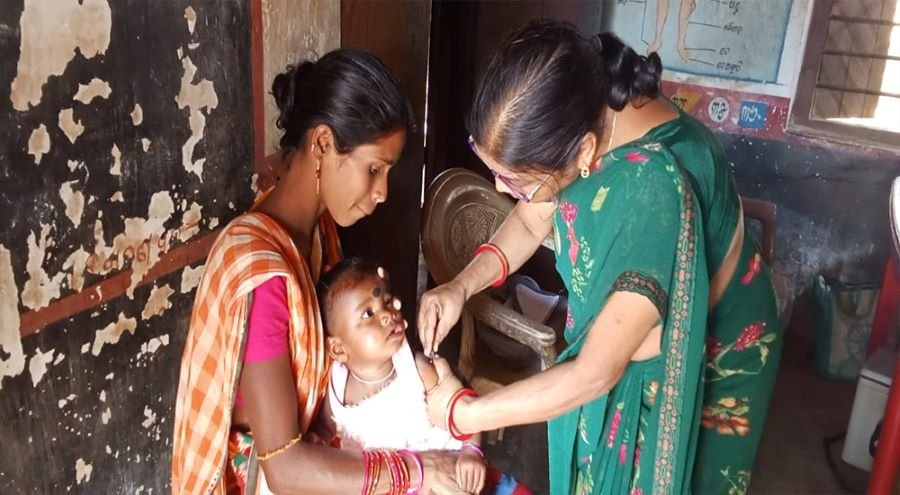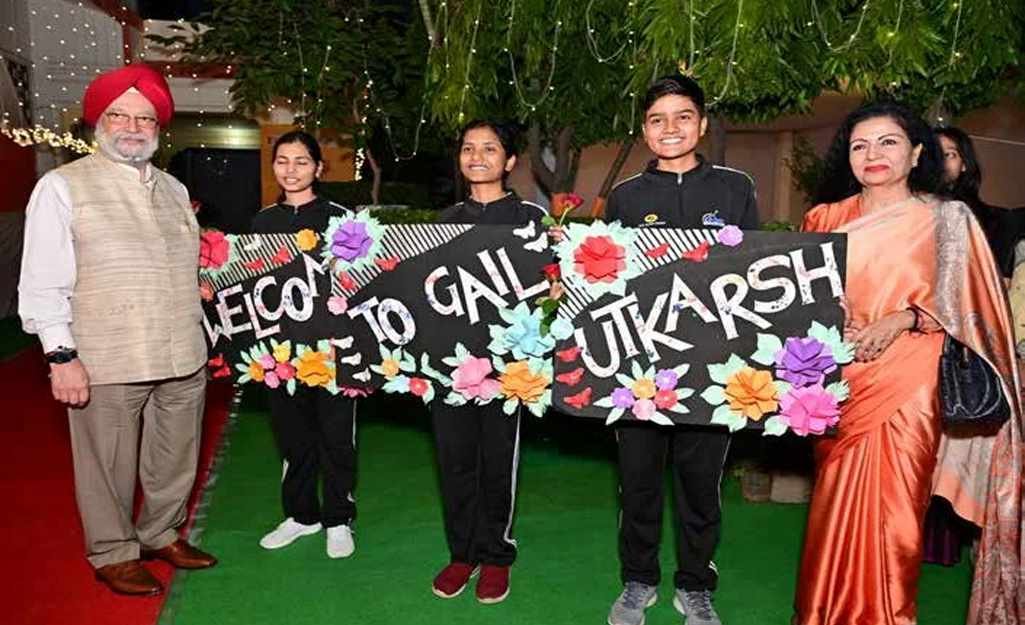
Maternal and newborn health in Bihar is a critical area of concern that directly influences the future of the state’s human development. While notable progress has been made over recent years—with improvements in institutional deliveries, antenatal care coverage, and a marginal decline in infant mortality—deep-rooted challenges remain. Early marriage continues to be a widespread issue, with over 40 percent of women aged 20–24 married before the legal age of 18 (*Source: National Family Health Survey- 2019-21). This often leads to early pregnancies, increasing the risks of maternal complications, premature birth and low birth weight.
The prevalence of anemia among women has worsened, according to the same data, now affecting over 63 percent of women of reproductive age which too has increased from 60.3 percent in NFHS-4. This is closely linked to poor nutrition among adolescent girls, which, if unaddressed, sets the stage for intergenerational cycles of malnutrition, stunting and child morbidity. Although health services have expanded during the past decade, only about a third of pregnant women complete the recommended four antenatal checkups, and postnatal care remains weak, particularly in underserved regions. The first 1,000 days of life—from conception to a child’s second birthday—are crucial for long-term health, and gaps in maternal nutrition, health education, and hygiene continue to undermine this critical window.

Addressing these issues requires a multi-pronged approach that begins in adolescence and extends through the full reproductive lifecycle. Promoting education and delaying marriage for girls is foundational to improving maternal health outcomes. Nutrition and anemia prevention efforts must be intensified, including regular Iron Folic Acid (IFA) supplementation, deworming, and promotion of local, diverse diets. Equipping adolescents with sexual and reproductive health education, life skills and access to health services strengthens their ability to make informed decisions and contribute positively to community health. Simultaneously, strengthening primary health infrastructure through regular Village Health, Sanitation and Nutrition Days (VHSNDs), improved referral systems and enhanced postnatal care can significantly reduce preventable maternal and neonatal deaths. These community-level efforts are vital complements to national programs such as POSHAN Abhiyaan, Rashtriya Kishor Swasthya Karyakram, Janani Suraksha Yojana, and the Pradhan Mantri Surakshit Matritva Abhiyan, which together form a strong policy backbone for maternal and child health in India.

Bal Raksha Bharat’s interventions in Bihar state, offers an example of how grassroot strategies can amplify the impact of national programs. Through youth-led awareness campaigns like ‘Ek Mauka’, over 20,000 adolescents have been engaged to challenge harmful gender norms, promote girls’ education and delay early marriage. Community interventions have included life skills training, reproductive health awareness and nutritional guidance using locally available foods.
Intensive collaborations with Primary Health Centers have ensured quarterly adolescent health check-up camps, while efforts to mobilize communities during VHSNDs have improved service uptake among mothers. Most importantly, youth have emerged as a capable force, guiding mothers on supplement intake, hygiene practices, and birth preparedness with confidence and compassion.

Such initiatives have catalyzed a culture of accountability and awareness, where youth serve as watchdogs against harmful practices like child marriage and as champions of maternal well-being. Parents, too, are becoming more receptive to messages around girls’ education and delayed marriage, often inspired by success stories within their own communities. With continuous investment, these efforts can evolve into scalable, replicable models for other underserved regions, thus being an enabler in achieving Sustainable Development Goals (SDGs) related to health and gender equality.
The sustained improvement of maternal and newborn health is not solely a government responsibility—it is a shared societal obligation. When youth, communities, health workers and civil society come together, backed by effective public policy and supported by strategic Corporate Social Responsibility (CSR) partnerships, the result is transformative. CSR investments play a vital role in sustaining and scaling such efforts, whether through youth leadership development, nutrition campaigns, or strengthening postnatal care systems. What emerges is not just improved health indicators, but a cultural shift—where girls are educated, mothers are empowered, and every child has the chance to begin life healthy and strong. Investing in maternal and newborn health is investing in the future of Bihar, and indeed, the future of the nation.
As we look to the future, the message is clear: invest in youth, invest in mothers for a healthy future.
Pradeep Kr. Mishra, Head, Programme Implementation, Bal Raksha Bharat
Brajeshwar Prasad Mishra, Bal Raksha Bharat






























